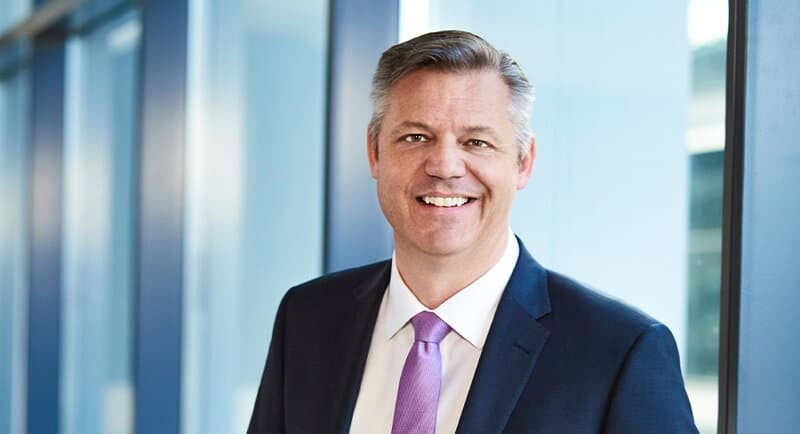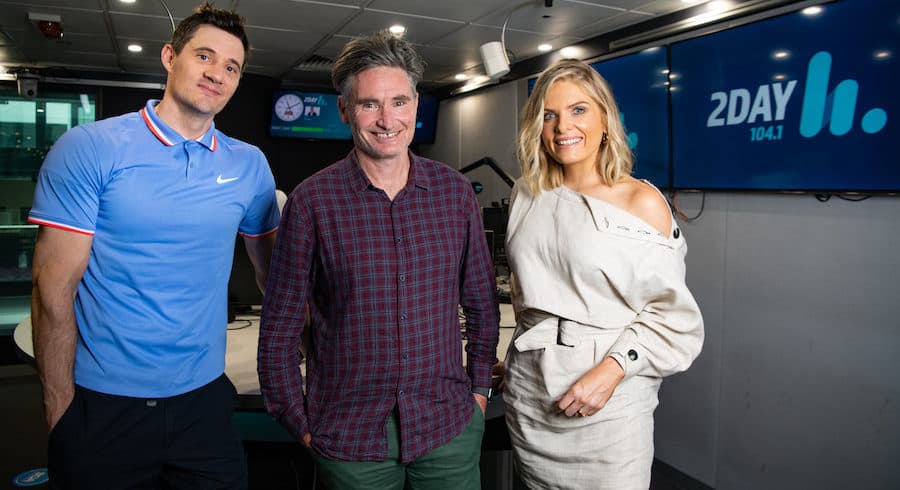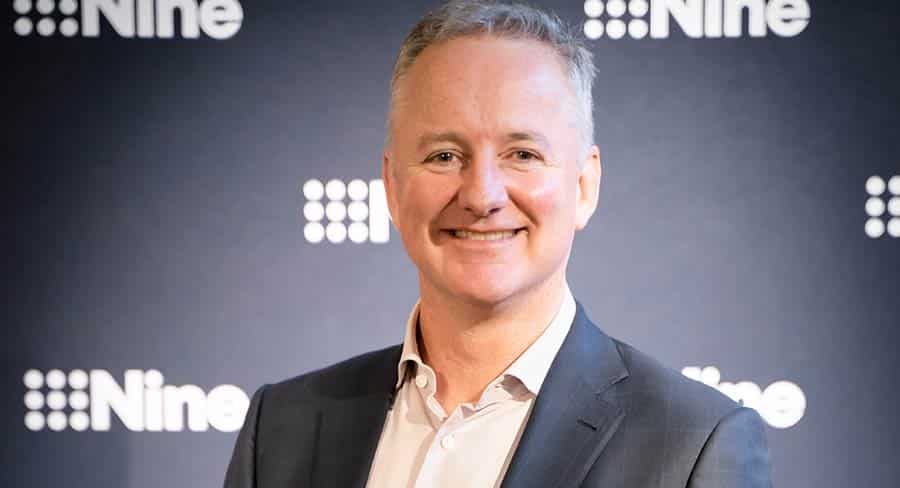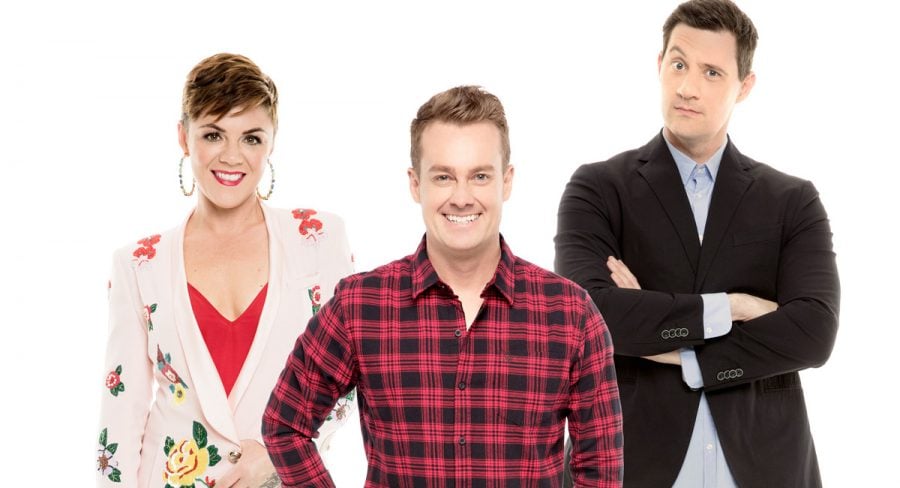The end of August can feel like a funny time for media.
Financial reporting season is over. It’s not yet ‘silly season’. We’re never quite sure if winter’s really over or spring’s just flirting with the idea of making an appearance. And the headlines can seem inconsequential compared to the barrage of ‘taking out the trash’ stories, big Upfronts announcements and bombshell executive movements which pepper the closing months of the year.
And yet if you look back at this time over the past half a decade, it’s startling to see how the headlines of yesteryear are shaping the stories we’re contending with today.
Think of it like Facebook memories, only far less cringeworthy and pointless.
The content wars: Then and now
Around this time two years ago, Seven’s (then) new CEO, James Warburton, made public his campaign and strategy to shift the network’s focus to younger demographics.
As I discussed in the last column, he said at the time that the network needed to reconnect with “heartland Australia”, freshen up its program slate of “ageing warhorses” and start to skew younger in terms of the demographics engaging with its content.
Around one year later, in 2020, this trend continued with the news that Seven had nabbed The Voice from rival Nine.
That strategy is still very much in place, with Warburton continuing his quest to blend nostalgic, reliable programming with less risky new commissions, and in August this year, Seven released its best set of financial numbers in over a decade.

James Warburton
Casting the time vortex back even further, it was this week five years ago when American media giant CBS announced its intentions to buy our third-biggest free-to-air network, Network 10.
This saved a then-troubled 10, giving it a financial lifeline, the backing of a large studio, international firepower and, probably to the relief of many, the removal from the ASX – thus excluding it from the scrutiny of reporting season.
Since then, CBS and Viacom have come together (again), forming ViacomCBS, and 10 ViacomCBS locally. Then, of course, came the name change, bringing Network 10 under the Paramount umbrella, and the subsequent launch of streaming service Paramount+ locally.
Incidentally, Paramount+ recently turned one in Australia. How time flies!
Speaking of streaming services, it was also around this time in 2018 when Foxtel’s then CMO, Andy Lark, spoke at the ADMA forum in Sydney and contended – despite losing ground to it at the time – that Netflix was “good for us”.
His contention at the time was that Netflix encouraged more people towards video consumption, which was ultimately beneficial to the beleaguered broadcaster.
Today in the headlines, we see Netflix facing some headwinds globally, speculation about whether streaming in Australia has reached its peak in terms of saturation and subscriber numbers and – let’s face it – Foxtel doing far better in streaming with Kayo and Binge than we would have predicted in August 2018.
Radio roulette: Still spinning
This week in 2018, then 2Day FM breakfast host Em Rusciano revealed she would be leaving the program.
Having already endured a few changes to the lineup – and her fair share of ridiculous tabloid headlines – this brought up even more speculation about what would be next for the Hit Network station.
Then, approximately one year later, in 2019, 2Day FM’s breakfast show with Ed Kavalee, Grant Denyer and Ash London finished up with a share of 2.4%.
2Day then moved to a music-centric breakfast format, before returning with the lineup we know today – Kavalee, Dave Hughes and Erin Molan.
In the most recent survey, that show had a share of 3.6%.

2Day FM’s Hughesy, Ed and Erin
Incidentally, Rusciano has also been getting headlines in recent days, but this time it’s for her moving and memorable speech at the National Press Club.
In recent days there’s also been speculation as to the future of Nova drive co-host Kate Ritchie – the merits of which have thus far been denied by the network – just weeks out from Joel Creasey’s second anniversary with the program.
Plus people are predicting that at this point in a few years’ time, we’ll be talking about 2Day FM breakfast with Abbie Chatfield.
Are you dizzy yet?
It’s also worth noting, particularly as the battle for podcast dominance heats up across platforms, talent and deals, that around this time in 2020, NOVA Entertainment and Acast ended their partnership.
Plus on this day two years ago, it was revealed NOVA’s CEO Cathy O’Connor was packing up and moving to lead the charge at oOh! Media. On the same day, Peter Charlton was announced as her replacement at NOVA.
Show me the money
In 2019 around this time, Nine’s newspaper journalists were demanding answers following a Liberal Party fundraiser hosted by then CEO Hugh Marks at the media company’s then headquarters in Willoughby.

Hugh Marks
While Marks has since moved on and the media company has relocated to North Sydney, Nine’s journos are still asking questions of the powers that be.
In 2022, however, it’s not directly linked to the Liberal Party. Instead, they want to know why the company is posting bumper profits while their own wages aren’t similarly scaling up. The MEAA union called the profits a “slap in the face” to the journos and there are ongoing negotiations around the EBA.
Now CEO Mike Sneesby has issued statements reassuring people he will look after his staff as the world spins madly on.
What a difference a year makes
Strangely, the 2021 media news cycle is the one which feels the most alien and the furthest away.
This time last year we were in lockdown, and in Sydney it was one week into the pleasures and politics of the ‘Singles Bubble’.
The trade media news at this time was, unsurprisingly, largely peppered with COVID campaign releases.
Brands such as Virgin Australia were joining the vaccination push and various levels of government were executing their own campaigns.
Plus, The Factsination, a collective of advertising executives and leaders, was doubling down on its efforts thanks to the support and donations of local media organisations. There was support across TV, radio, digital advertising and outdoor, as the campaign sought to dispel misleading statistics and fears around the AstraZeneca vaccine.
What a difference a year makes, hey?
Let’s see what we’ll be talking about in 2023…
